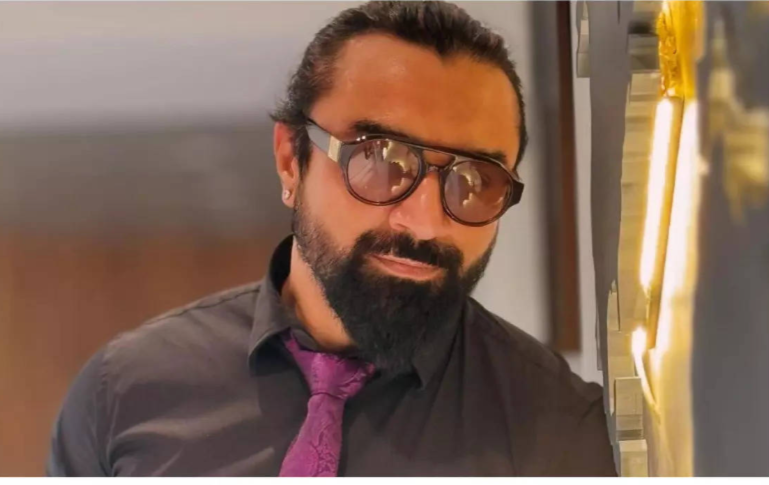Today, as we celebrate the Constitution Day of India, it is the time to shed a little light on the Constitution’s place in our lives. It is not merely a static document but a living document that affects every aspect of life in today’s Indian society. It has become a true touchstone for the youth of India, who consider it their legacy of guiding principles for the future. In this age of the youth bulge in India, knowledge about the Constitution is even more critical than before. But how far is this document relevant for the daily lives of today’s youth?
Abetting of Digital Youth
A great deal has happened, since the advent of digital critters, but nothing is known by the younger generation about their constitutional rights in cyberspace. Article 19 of the Constitution grants freedom of expression and is accompanied by its own rigors under which youth might negotiate the exercise of their online voices. It started with simple social media posts which now carries the idea of being a strong avenue for expression-but not without standing on the verge of the legality code. Escapable issues such as cybercrime, fake news, and digital surveillance emerge nowadays. Therefore, it becomes doubly important for youngsters to understand how constitutional provisions such as the right to privacy-so far somewhat protected under Article 21-would safeguard their data and online freedoms against abuse. The Constitution has fought its battle from the print domain; so do the youth sign up for the challenge to learn what rights they enjoy to safeguard themselves in this age.
Constitutional Morality in Modern Activism
Today’s youth are leading some of the most powerful social movements in India. From environmental protests to women’s rights activism and beyond, youths are breaking barriers and pushing for change. The Constitution forms the very base upon which these movements stand. Flowing from this premise is the point that youth activism has constitutional legitimacy in their fight for beliefs. The right to protest, as part of the freedom of expression, allows youth voices to take the centre of political discourse. Foremost in their activism, whether to counter climate change or demand gender equality, are young people’s demands based on the Constitution’s pledge of social justice and equality.
Youth, Gender Equality, and Constitutional Rights
In a country like India, with a long history of entrenched gender norms, the Constitution still reigns as a powerful weapon by which women and marginalized communities are empowered. It guarantees equal rights and opportunities, with Article 14 ensuring equality before the law. The enhancement of young women’s lead, both in politics and spheres of life, depicts an evolution in use of constitutional rights as a power to persuade a shattering of the glass ceiling. Today’s youth, especially women, know more than ever before of their rights to education, safety, or equal opportunity, and they oftentimes plead their case in the name of the specific constitutional provisions when they seek justice. It is under this ambit of ultra-inclusive India, as envisioned by the Constitution, that the oft-reiterative demands for safer spaces enkindle around educational institutions, workplaces, and, most importantly, the public domain. The nature of the demands publicly expressed by the youth in such a context demonstrate that the Constitution, though a Palestinian state, has remained pertinent. Therefore, it also denounces explicit accountability for ‘protesters.
Education and the Constitutional Duty of the State
The Right to Education, as enshrined in Article 21A, is one of the most crucial constitutional provisions for the youth of India. Education is empowering and pivotal for a young India that wishes to move ahead with a competitive edge in the global economy. In the last 10 years, India has made strides to increase educational access across its youth populace, yet it has its own set of issues. The youths need to be aware of their right to education of acceptable quality and how the Constitution directly mandates the state to assure its accessibility. This encumbers the surrounding debates on dropout rates, digital divides, and problems with an underfunded public education system. The Constitution unambiguously states that the state has to be accountable, and the youths themselves must advocate this.
On the auspicious occasion of Constitution Day, it must dawn upon today’s youth of India that their future is intertwined with the Constitution. From digital rights to social justice, from educational justice to equality, it embodies the principles of the common pledge in assuring democracy to the nation. The understanding and fulfillment of constitutional rights must ring in the minds of today’s youth to pave the way for respect for their rights. In the referred days, it will be a light of hope and guidance to the democratic citizen in light of their obligations.





